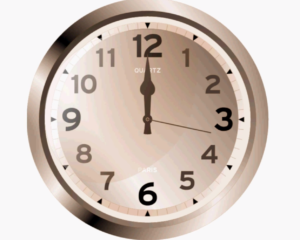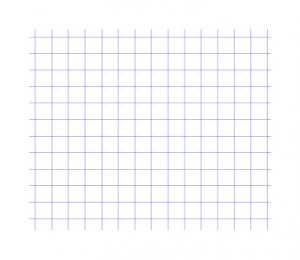GCSE revision is tough. You may feel stressed and swamped by a seemingly endless amount of facts to be memorised and concepts to be grasped. You’re willing to put in the time, but do you know how to use it effectively? These easy hacks will help:
-
Getting Started
Why are you reading this post? I’m willing to bet it’s because you’re putting off a study session. Procrastination is the thief of time, so the best advice is simply to get on with it. Put a timer on for ten minutes and begin a GCSE revision task. By the time it expires, you will hopefully be absorbed in your studies and
decide to continue.
-
Creating the right environmentYou need a quiet, uncluttered space without distractions. Check out this research which confirms that listening to music whilst revising reduces exam performance by up to 60%. I don’t even need to link to evidence that your smartphone acts as a massive distraction: you already know this is true. Put it off. Stick it in the cutlery drawer. If there’s anything you need to research online, make a note of it and do it later.The right environment allows ‘deep working’ to take place and maximises the effectiveness of your study session.
-
Write
Taking notes and writing things down helps imprint information on your brain. Writing is a thinking tool. Students who hand write their notes remember more and have a deeper understanding of the material. If you still need to be convinced, they also achieve better exam results. Check out the research here. Summarising is helpful but you might also want to doodle or even write a story that helps you remember information.
-
Use a study partner (occasionally)



